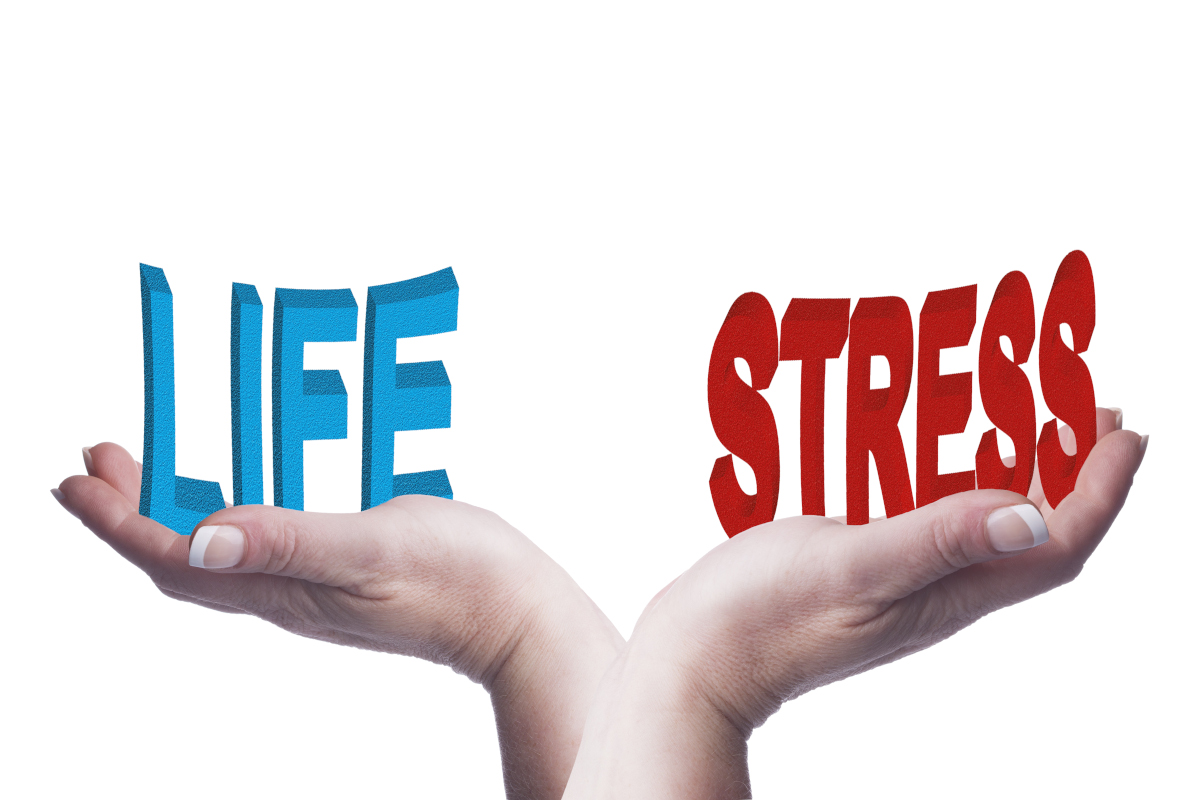Does "Life = Stress" or "Stress = Life" for you at the moment. Unfortunately, living in this day and age, stress is a normal part of modern life. Sometimes stress can be so overwhelming, it feels like it is taking over our life. All of these stresses can take their toll. I’m sure you have encountered some (if not all) of the following stresses on a daily/weekly basis:
-
Waking up to an alarm
-
Driving in traffic
-
Standing in queues
-
At work
-
Running the kids to school and after school activities
-
Endless housework and home duties
-
Meeting deadlines
-
Endless emails, phone calls or messages to respond to
Thankfully, the body has an amazing, protective stress response system to help you cope.
Our protective stress response was historically designed to kick in to save your life; but unfortunately, nowadays, our stress response is being activated every day rather than just when you come into contact with a hungry sabre tooth tiger!
Ongoing activation of our nervous system can lead to symptoms of stress and mood disorders that are becoming increasingly common. If left unchecked they may lead to chronic health conditions such as high blood pressure, heart disease, diabetes, autoimmune conditions, panic attacks, depression and even cancers.
We all want to reduce/avoid stress but do we recognise it in ourselves? We are often so caught up in life that we fail to recognise how stressed we really are. Do you recognise any of these symptoms?
Signs of Acute (Short Term) Stress |
Signs of Ongoing (Chronic) Stress |
||
|
|
So what can we do to avoid too much stress? It is all down to getting/using the right tools.
Getting the Right Tools
When we are under stress, our stress response system causes our adrenal glands (which sits above our kidneys) to secrete more of the stress hormones cortisol, adrenalin and noradrenalin. This increase in stress response requires even more nutrients than usual. This is because our body needs vitamins and minerals to produce these hormones and neurotransmitters (the brain’s messengers) required to adapt to the stress and bring the body back into balance. As much of our food is depleted in important vitamins and minerals it is important to supplement these during times of increased stress.
Some of the key nutrients to support our stress response are:
|
|
|
In the next article on this topic, we will expand on how these key nutrients work within our bodies. In the meantime, if you are feeling overwhelmed by stress don’t wait, contact a health professional like myself or a professional counsellor or psychologist to formulate a tailor made stress management plan.



